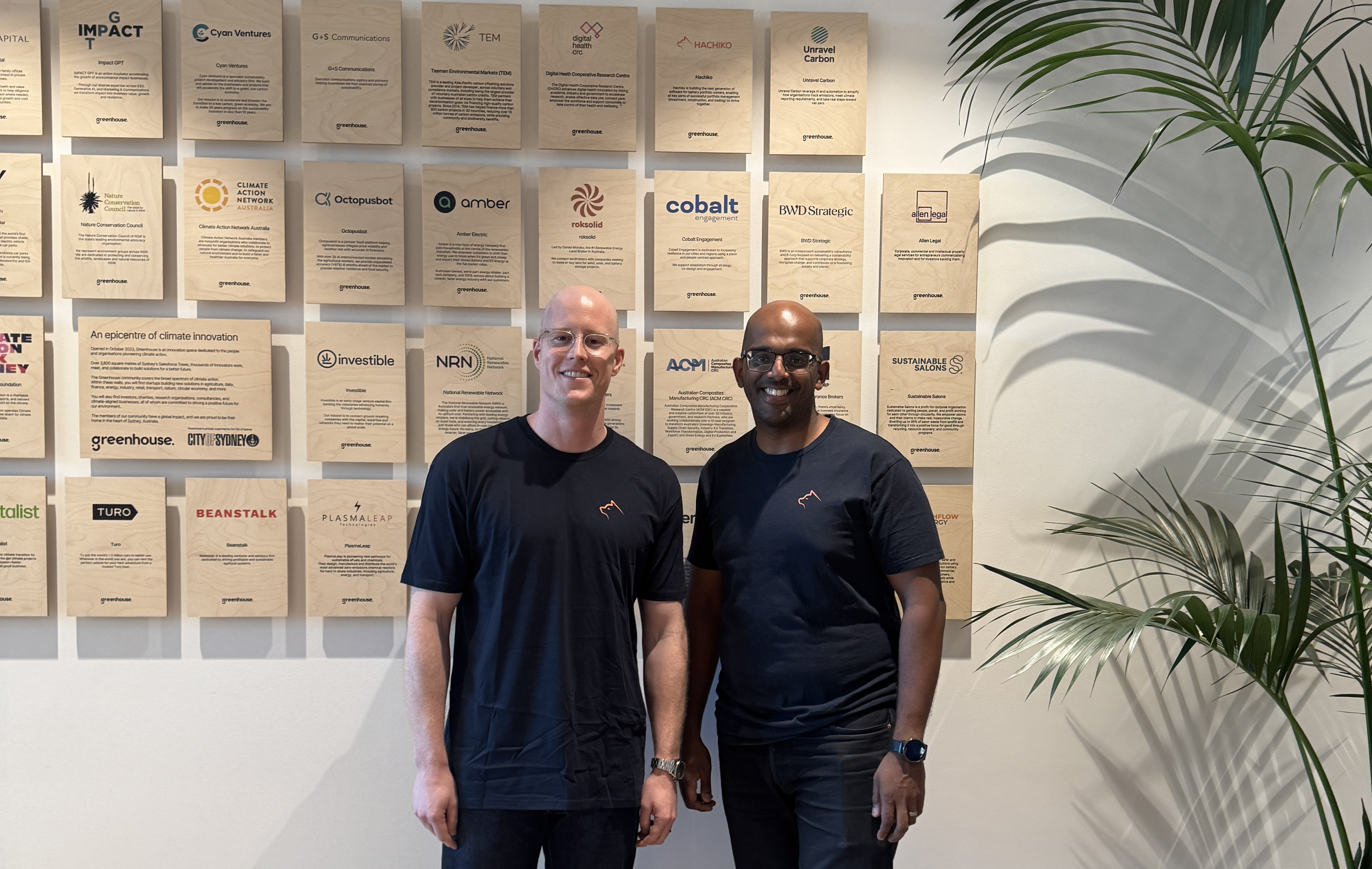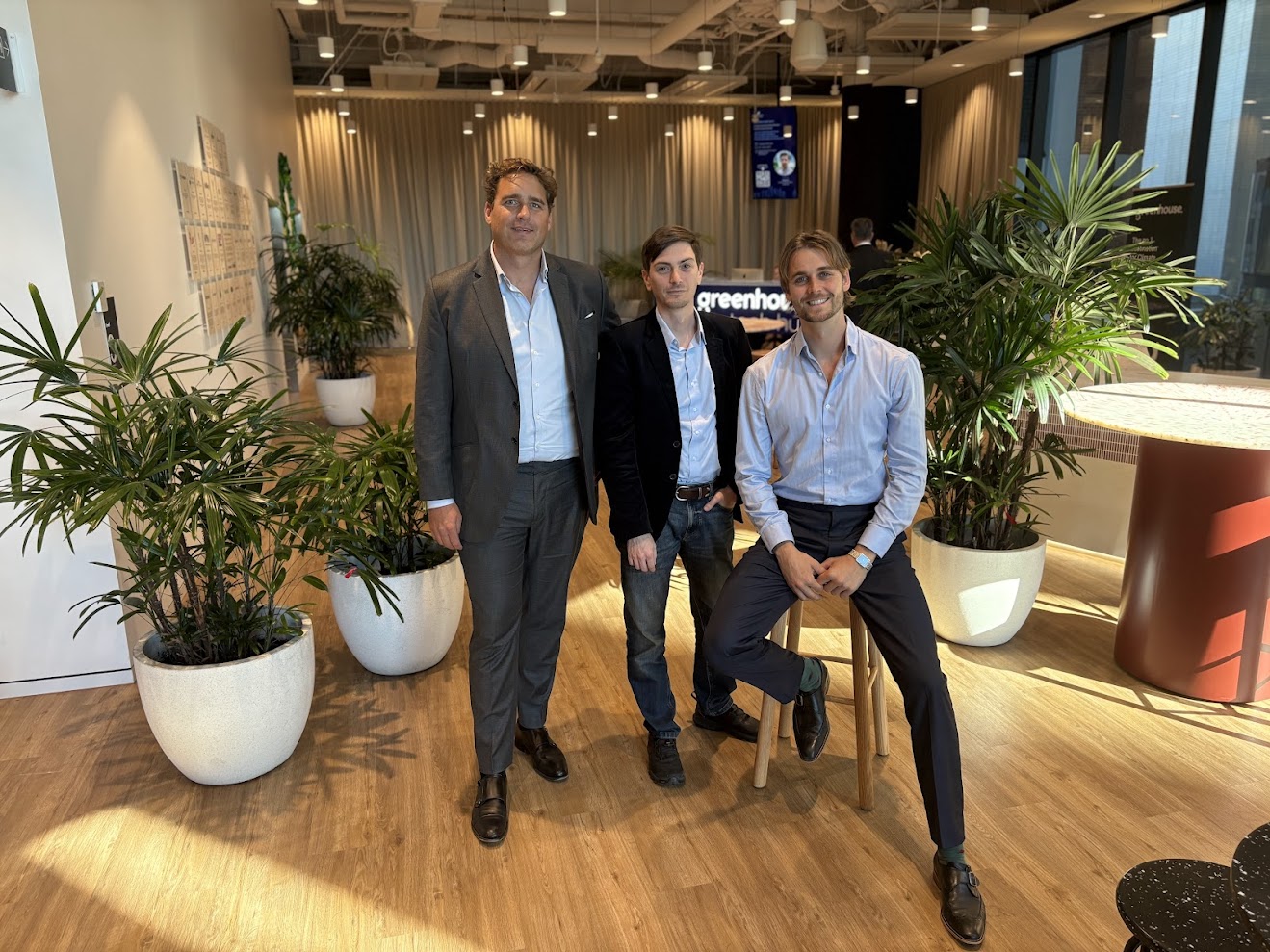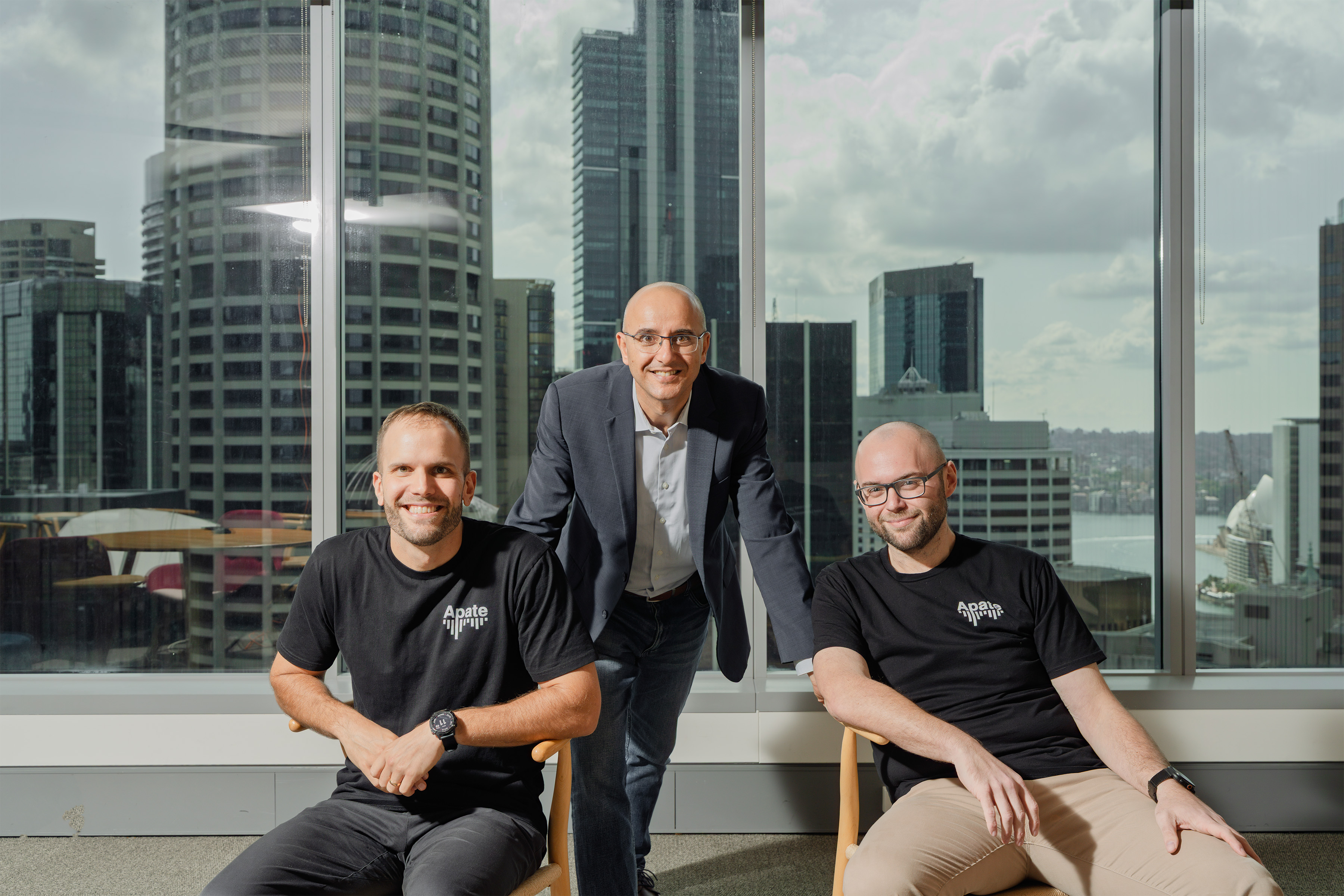Due diligence isn’t just for investors: Four tips to secure high-quality investment
By
Investible
August 21, 2019
Gemma Lloyd has had her share of high-pressure investor meetings. As CEO and co-founder of jobs platform WORK180, she has successfully raised more than $4.2million in funding to date. And as for the company’s most recent raise, which saw it raise $2.2 million from firms including Investible – she did that while seven months’ pregnant. Needless to say, Gemma is well-positioned to share a few tips on how to turn a humble pitch deck into a signed deal.
With so many early-stage companies seeking that crucial seed capital, here are her insights on how founders can identify and secure the right kind of investment:
Chances are, you haven’t validated enough.
It is tempting for founders to want to raise capital as soon as they start to gain a bit of traction. Businesses with a short runway will feel even greater pressure. Gemma explains, however, that founders must be prepared to validate their business to investors well ahead of a capital raise.
“We sought investment early on after we had successfully built the platform and made our first initial sales. But we were turned away by everyone.”
“The experience, however, forced us to bootstrap the business for about two years and we were able to grow it ourselves to a team of 11. By then, we had the proven market traction and had the operational processes and systems in place to be in a better position to raise.”

Look for investors who demonstrate interest in your business.
Gemma doesn’t regret having gone out to investors early on as it enabled her to start building contacts that she could develop as her business grew. By nurturing these relationships over time, investors were more familiar with the business and receptive to meetings and investment opportunities.
“Over those three years, I kept up contact with investors to ensure I was on their radar and that they knew who I was and what we were achieving.”
“And every time I met with a new investor, I would ask if they would be willing to introduce me to any other VCs who might be interested. Most of the time, they were more than happy to help.”
While startups are the ones going in with an ‘ask’, investors also want to secure high-quality deals. Building her network of investor contacts also helped Gemma understand which investors were paying closest attention to her business. When it came time for the most recent raise, she considered companies like Investible, which had shown consistent interest.
“I was impressed by the companies that were in (Investible’s) portfolio but as I had gotten to know them, I liked them even better. The team was always really supportive, even when we weren’t talking about raising capital. I felt comfortable reaching out knowing that they were following WORK180’s traction and activity.”
You don’t need to ‘always be pitching’, but be targeted when you do.
Investible’s Chief Investment Officer Hugh Bickerstaff tells founders, ‘If you want money, ask for advice; if you want advice, ask for money.” And it’s a sentiment that Gemma echoes.
“Before I went asking for capital from investors, I would ask if they could spare a few minutes to give advice on my pitch deck. I would also be sure to make the changes they recommended. This strengthened my deck as well as the relationships.”
Gemma says her and her co-founder Valeria Ignatieva were able to secure a few investor meetings simply by sending out their pitch deck but she reiterated that it’s important for founders to be strategic with their outreach.
“Founders need to be targeted and know why you’re approaching that particular company. You need to be clear on what is it about their mandate that aligns with your business. And importantly, the value you think they can add beyond funding.”
“You have to be really careful accepting capital because it’s a long-term relationship. And you’re not just accepting money – you need to know what comes with it. Founders need to consider how founder-friendly the investor firm is; what type of support can they provide over and above the capital? How engaged will they be and what level of engagement do you want from investors?
Due diligence isn’t just for investors – founders also need to do their homework
Investors often take weeks or even months to properly assess an early-stage company and ensure it’s a good fit for their portfolio. But founders may forget that they also need to carefully evaluate whether an investor is right for them.
“Sometimes, it’s obvious that an investor isn’t a good fit for your business – there was an investor who was put off by me being pregnant, for example. But other times, it’s less clear who is aligned and willing and able to provide additional support over the long term.”
“Founders should be conducting their own due diligence – I asked to speak with a number of other founders in their portfolio and talked with mutual connections and others within my network to ensure it would be a good fit.”
If you’re a startup founder who is ready for seed funding, consider applying to Investible for further assessment. And if you would like more tips on how to increase your chance of securing capital, check out our post on “How to not mess up a capital raise.”






